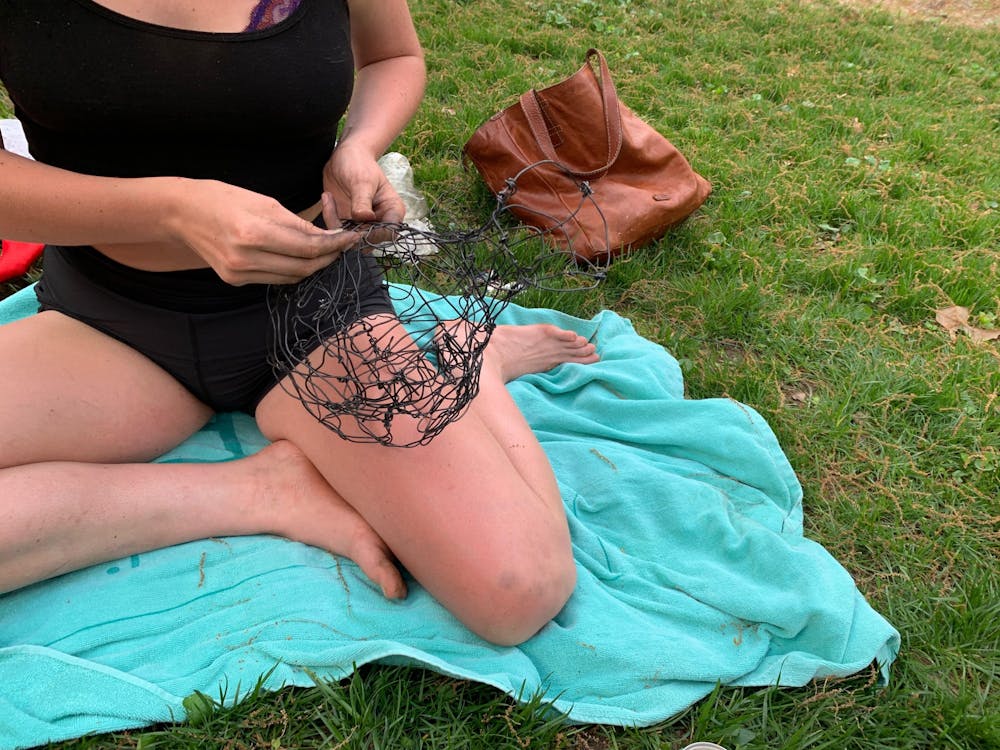Due to UNC’s cancellation of in-person instruction, professors of artistic, application-based classes have had to adapt their syllabi for remote learning.
These artists are using their creativity to identify new ways to approach their craft.
Tracy Bersley, dramatic art
Tracy Bersley teaches an undergraduate directing class and movement training for UNC’s Professional Actor Training Program. She said at first she was intimidated by the online transition, but found that it has inspired innovation.
“It’s forced me to be creative and find new ways of conveying information,” she said. “Fortunately we’re deep enough into the semester for all my classes where we all have a baseline of knowledge and vocabulary and so we can capitalize on what we already know.”
In regards to her graduate acting students, Bersley said the focus in her class has shifted to professional development.
“Once you leave school, you don’t have anyone pushing you, saying ‘Did you do this? Did you do that?’” Bersley said. “There’s something useful about teaching accountability and self-motivation.”
Bersley was very careful in avoiding busy work, and maintaining the educational intentions of the course.
In her directing class, Bersley has shifted the medium of the course to video, instructing students to work on their directing techniques using their phone cameras. She said she hopes this doesn’t frustrate students, and rather helps them understand that working through limitations is what inspires brilliance in artists.



